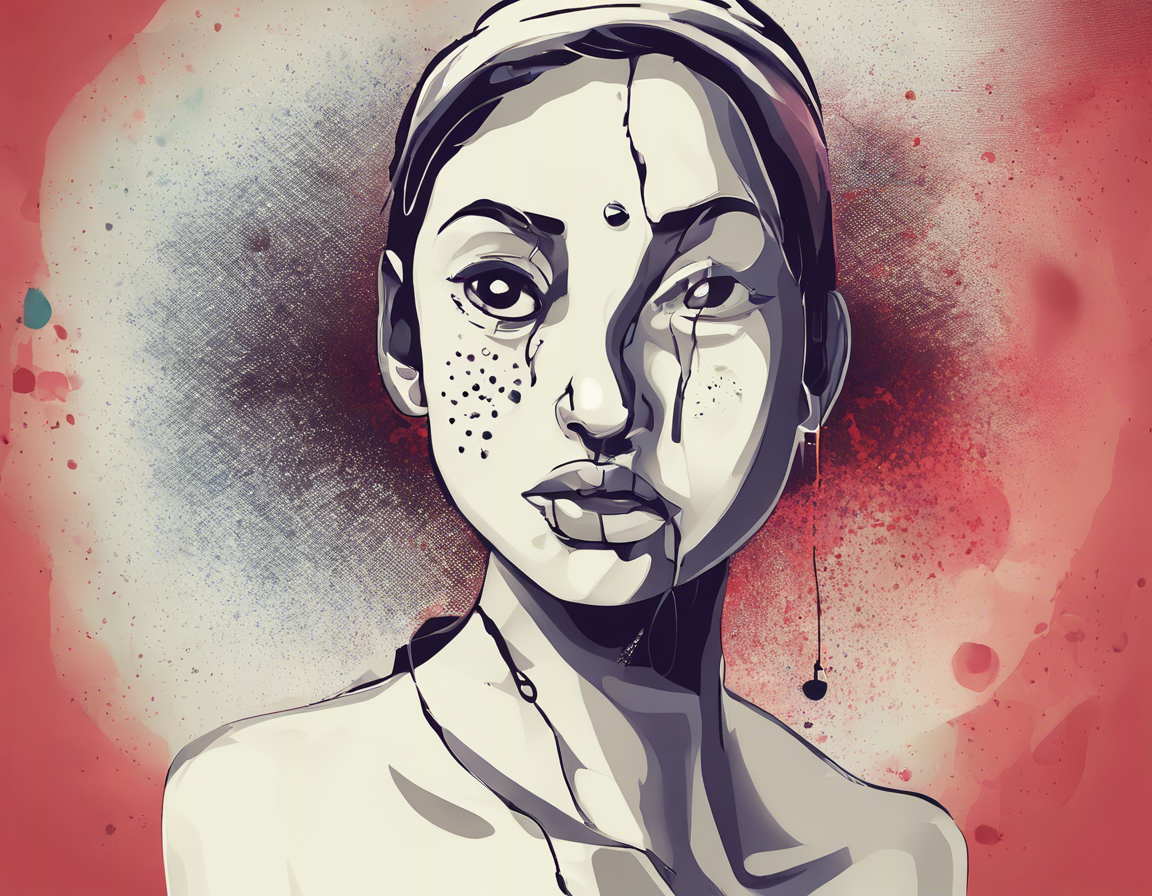Acne, or pimples as they are commonly known, can be a pesky and persistent problem for many individuals. Pimples can appear on the face, neck, chest, back, and shoulders. They can range from a few sporadic breakouts to chronic, widespread acne that can be painful and impact self-esteem. Getting rid of pimples requires a multi-faceted approach that includes proper skincare, lifestyle changes, and sometimes professional intervention. In this comprehensive guide, we will explore various tips for clear skin and ways to get rid of pimples effectively.
Understanding Pimples
What are Pimples?
Acne vulgaris, commonly known as acne, is a skin condition that occurs when hair follicles become clogged with oil and dead skin cells. The clogged follicles can result in the formation of pimples, blackheads, whiteheads, and cysts.
Types of Pimples
- Whiteheads: Pimples that stay beneath the surface of the skin.
- Blackheads: Pimples that rise to the skin’s surface and look black or dark.
- Papules: Small, red bumps that are often tender to the touch.
- Pustules: Pimples filled with pus that can be red at the base.
- Nodules: Large, solid pimples that are deep beneath the skin’s surface.
- Cysts: Painful, pus-filled lumps beneath the surface of the skin.
Tips for Clear Skin
1. Maintain a Consistent Skincare Routine
Establish a daily skincare routine that includes cleansing, exfoliating, toning, and moisturizing. Use products that are non-comedogenic to prevent pore-clogging.
2. Keep Your Hands Off Your Face
Avoid touching your face throughout the day as hands can introduce dirt, bacteria, and oils to the skin, leading to pimple formation.
3. Stay Hydrated
Drink an adequate amount of water daily to keep your skin hydrated and flush out toxins. Proper hydration can help prevent pimples.
4. Eat a Balanced Diet
Include plenty of fruits, vegetables, lean proteins, and whole grains in your diet. Limit sugar and dairy intake as they are known to exacerbate acne.
5. Manage Stress
High-stress levels can trigger hormonal changes that lead to pimple formation. Practice stress-relief techniques such as yoga, meditation, or deep breathing exercises.
6. Get Sufficient Sleep
Adequate sleep is essential for skin health. Aim for 7-9 hours of quality sleep each night to allow your skin time to repair and regenerate.
7. Use Non-Comedogenic Makeup
Choose makeup and skincare products labeled non-comedogenic to prevent pore-clogging and acne flare-ups.
8. Protect Your Skin from the Sun
Apply a broad-spectrum sunscreen with an SPF of 30 or higher daily to protect your skin from UV damage, which can worsen acne.
9. Avoid Picking or Popping Pimples
Resist the temptation to pick or pop pimples as it can lead to scarring, infections, and further breakouts.
10. Seek Professional Help
If over-the-counter remedies do not improve your acne, consult a dermatologist. They can prescribe topical or oral medications to help clear your skin.
Home Remedies for Pimples
1. Tea Tree Oil
Tea tree oil has anti-inflammatory and antibacterial properties that can help reduce pimple inflammation and kill acne-causing bacteria.
2. Honey and Cinnamon Mask
Mix honey and cinnamon to create a paste and apply it to your face. Honey has antimicrobial properties, while cinnamon can help decrease inflammation.
3. Aloe Vera
Aloe vera has soothing and healing properties that can help reduce pimple redness and inflammation.
4. Apple Cider Vinegar
Dilute apple cider vinegar with water and apply it to the skin using a cotton ball. It has anti-bacterial properties that can help kill pimple-causing bacteria.
5. Green Tea
Green tea contains antioxidants that can help reduce inflammation and fight acne-causing bacteria when applied topically or consumed.
Frequently Asked Questions (FAQs)
1. Can diet affect acne?
Yes, certain foods like sugar and dairy can exacerbate acne. A balanced diet rich in fruits, vegetables, and whole grains can promote clear skin.
2. How long does it take for pimples to go away?
The healing time for pimples varies depending on the type and severity. On average, pimples can take anywhere from a few days to a few weeks to clear up.
3. Is it okay to pop pimples?
It is best to avoid popping pimples as it can lead to scarring, infections, and further breakouts. Let them heal naturally or seek professional help.
4. What skincare products should I avoid if I have acne?
Avoid comedogenic or heavy products that can clog pores and exacerbate acne. Look for non-comedogenic and oil-free options.
5. Is it necessary to see a dermatologist for acne treatment?
If over-the-counter remedies do not improve your acne, or if you have severe or persistent acne, it is recommended to see a dermatologist for professional evaluation and treatment.
In conclusion, dealing with pimples can be frustrating, but with a consistent skincare routine, healthy lifestyle habits, and sometimes the help of professionals, you can achieve clear skin. Remember that patience and consistency are key when it comes to pimple management. By following the tips outlined in this guide and being mindful of your skin, you can effectively combat acne and achieve the clear, glowing skin you desire.
